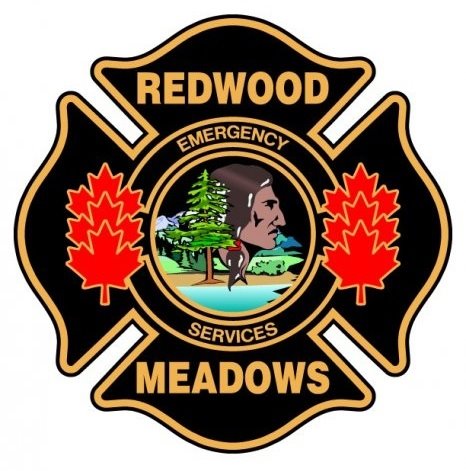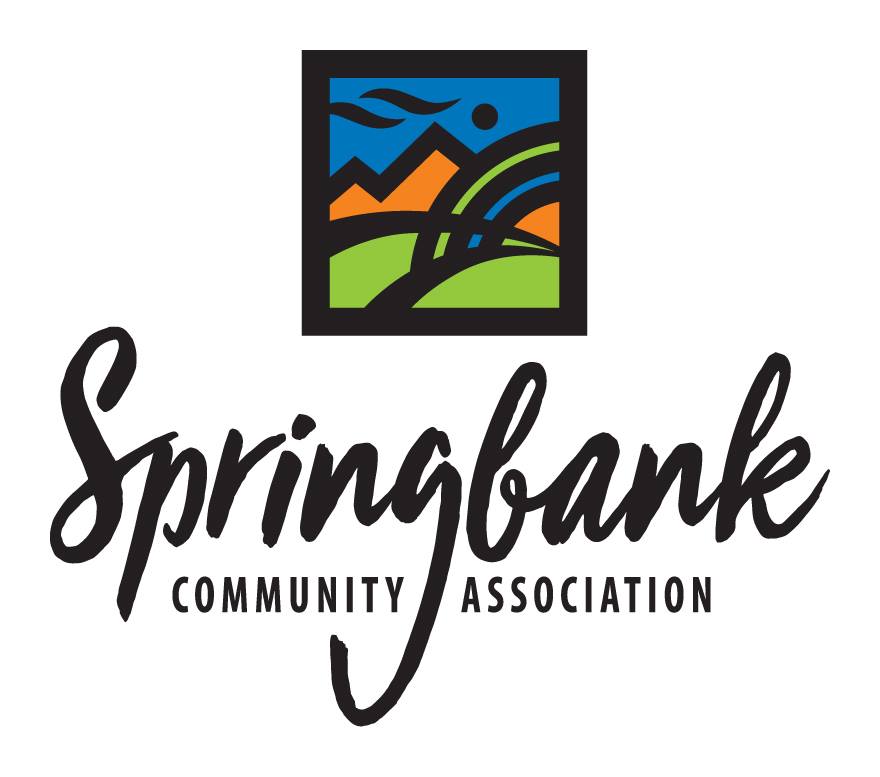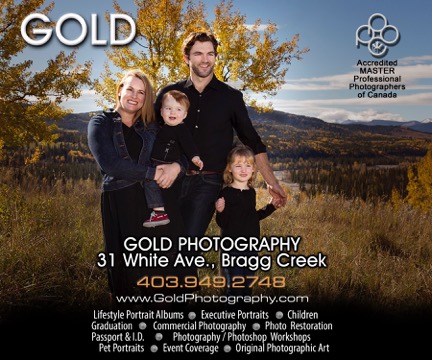Getting to know your Volunteer Community Emergency Services
We’re answering more “Frequently Asked Questions” we receive about Redwood Meadows Emergency Services when we’re out and about in the community.
How are RMES members trained?
RMES members join the team as “probationary” members (big shout out to the folks that wear black helmets!). Probationary members are closely supervised on calls until they attain a certain number of skill sign offs which can take up to a year to complete. Once members demonstrate the slate of industry standard skills typical for firefighters, emergency medical responders and rescue technicians, they receive a yellow helmet and are no longer under close supervision. Through call attendance, training and additional education, our firefighters can move up the ranks from a Class 5 firefighter to Class 1 firefighter, each promotion reflects increased skill proficiency and leadership demonstrated.
All of the team receives annual first aid and Basic Life Support training and attends monthly medical in-services. Most of the team have pursued additional medical training at their own expense to achieve medical certifications such as: Fire Medical Responder, Emergency Medical Response, Primary Care Paramedic or Advance Care Paramedic. We also have a nurse on staff. This high level of medical training across our membership often saves lives before an ambulance even arrives.
How do RMES members know when there’s a call?
Even though you won’t see cars parked at the hall all the time, RMES members are ready to respond to emergency calls at all times. RMES members carry radios that alert to emergencies in the response area, as well as apps on their cell phones. When an emergency call comes in, an alert is pushed to member radios and phones. Members signal their intention by radio and/or app to head to the hall to assemble a crew and head to the emergency. As soon as the trucks roll out of the bays, members let Dispatch know they’re on route so our dedicated Dispatchers can coordinate information with partners, sometimes the caller and keep track of the crew for safety purposes.
What happens on weekend duty shifts?
Every weekend duty shift begins with crews doing a Pre-Trip Inspection on the 4 big trucks including air brake checks, fluid checks, light checks and tire checks. Around attending calls that come in, duty crews are responsible for inventorying one of the big trucks every shift to ensure tools are in good working order (and where they belong), inventory is restocked and breathing apparatus are working. Part of the hall is focused on each duty shift for a deep clean, paperwork is completed, Fire Smart assessments are booked, community correspondence response and during leftover time, training may take place.
Until next month, stay safe


























